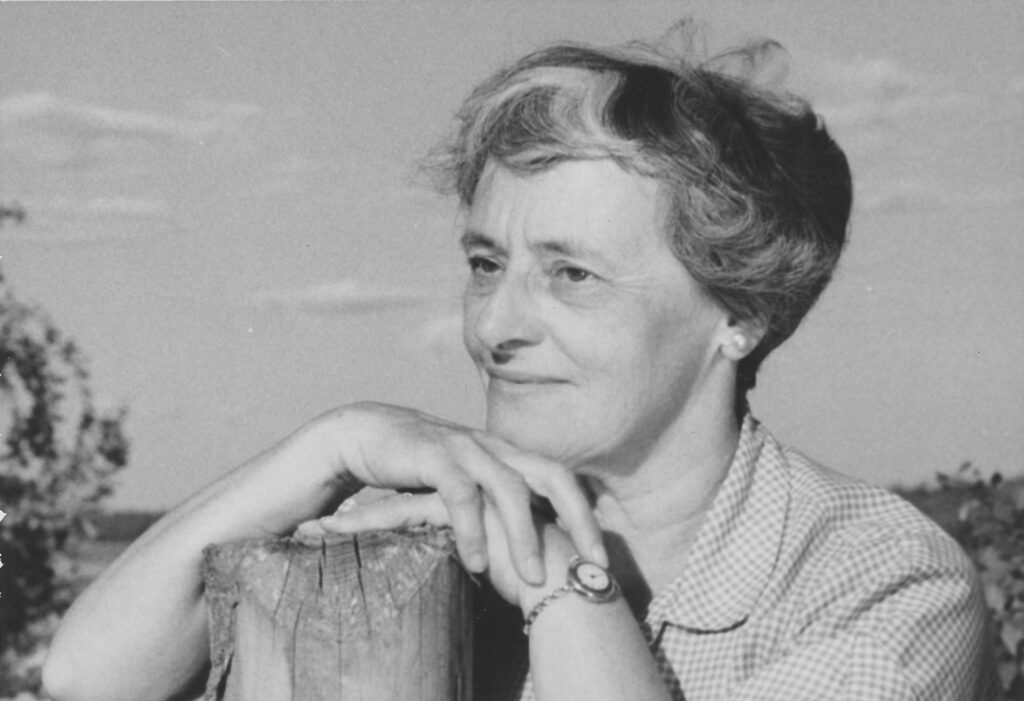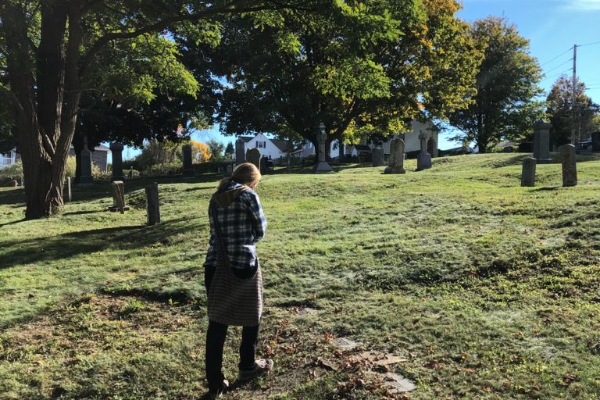
Look what I just got a hold of! That grinning idiot above is me holding the first proof copy of the novel. There’s a lot of hard work goes into a novel, so you have to savour actually getting your hands on the (almost final) product. This has always been a dream of mine and I can’t believe it is finally coming through. Thanks to Moose House Publications for believing in me and this story.



